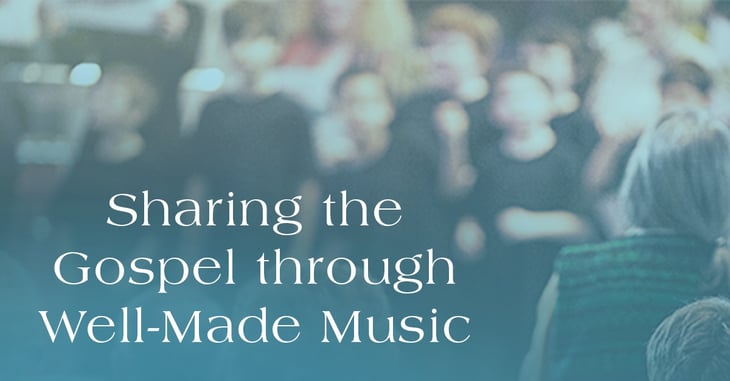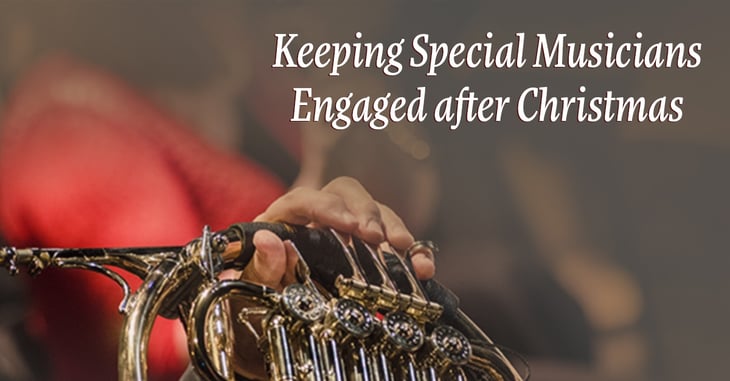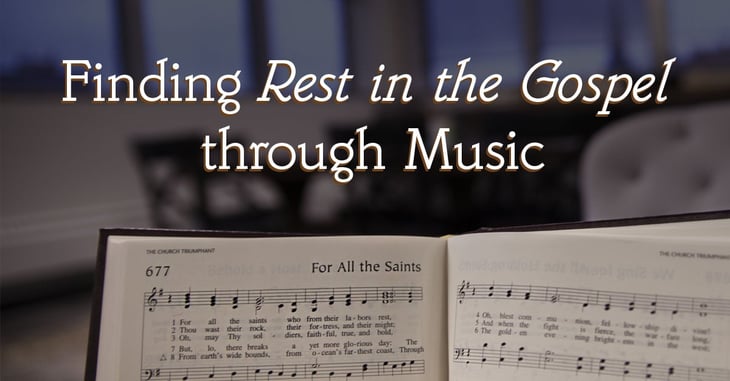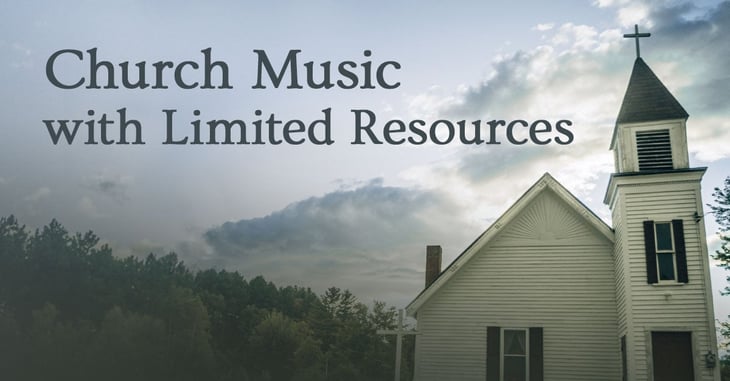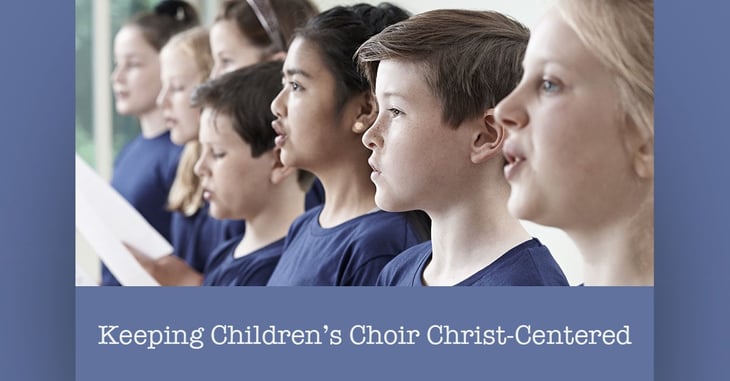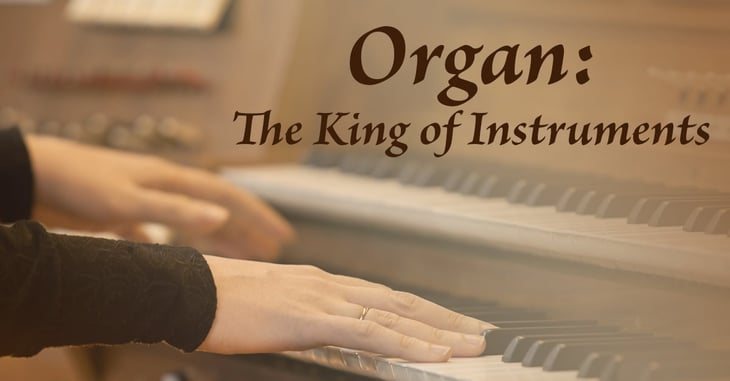Recent Posts by Marie Greenway
Sharing the Gospel through Well-Made Music
This post comes from Luther on Music: Paradigms of Praise.
Understanding the function of music in the church is essential for a church musician. Luther understood music’s primary role as proclaiming the Gospel, not teaching or entertaining—a view that has important implications in our selection and performance of music in the church.
Keeping Special Musicians Engaged after Christmas
It is often at Christmas that church music directors pull out all the stops—and all the special musicians. Special musicians, whether they are singers or instrumentalists, are usually willing to share their talents at this festive time of year. But how can church music directors engage these other musicians all year round?
Finding Rest in the Gospel through Music
“Soon, soon to faithful warriors cometh rest.”
One of my favorite lines from the hymn “For All the Saints,” these words are a source of incredible comfort in a weary world. While we wait for the eternal rest the hymn mentions, music provides a temporary relief from struggle and labor.
Church Music with Limited Resources
I recently played at a church that had a very limited organ. I had always thought the regular organist did a fine job but could have been more creative. Then I discovered that the instrument did not offer much to encourage creativity. Each manual had about five basic stops, and I struggled to lead the congregation in a way that encouraged singing.
Keeping Children’s Choir Christ-Centered
This post is taken from Children Sing His Praise edited by Donald Rotermund.
Of all acts of corporate worship probably none is more inspiring than the singing of a well-trained, well-disciplined choir of children. To hear the pure voices of children produce freely floating tones in perfect unison or in harmony is one of the most uplifting of musical experiences. An even more spiritually profound impression is made if the song is an integral part of the theme of the day and if the singers actively participate in worship by listening, singing, and praying as full partners in the worshipping community.
Organ: The King of Instruments
Talk to nearly anyone today who has any sort of opinion about church music and they’ll tell you that the organist is a dying breed. But instead of getting fatalistic, let’s encourage others in whatever sort of musical pursuit they enjoy—and then encourage them to learn the organ.
Beautiful Music in a Practical World
We are called to love our neighbors, often by giving money to help with bodily needs, but how can we prevent present physical concerns from overtaking the need for the Gospel? The arts, especially music, help to point us to the Gospel—particularly through beauty.

